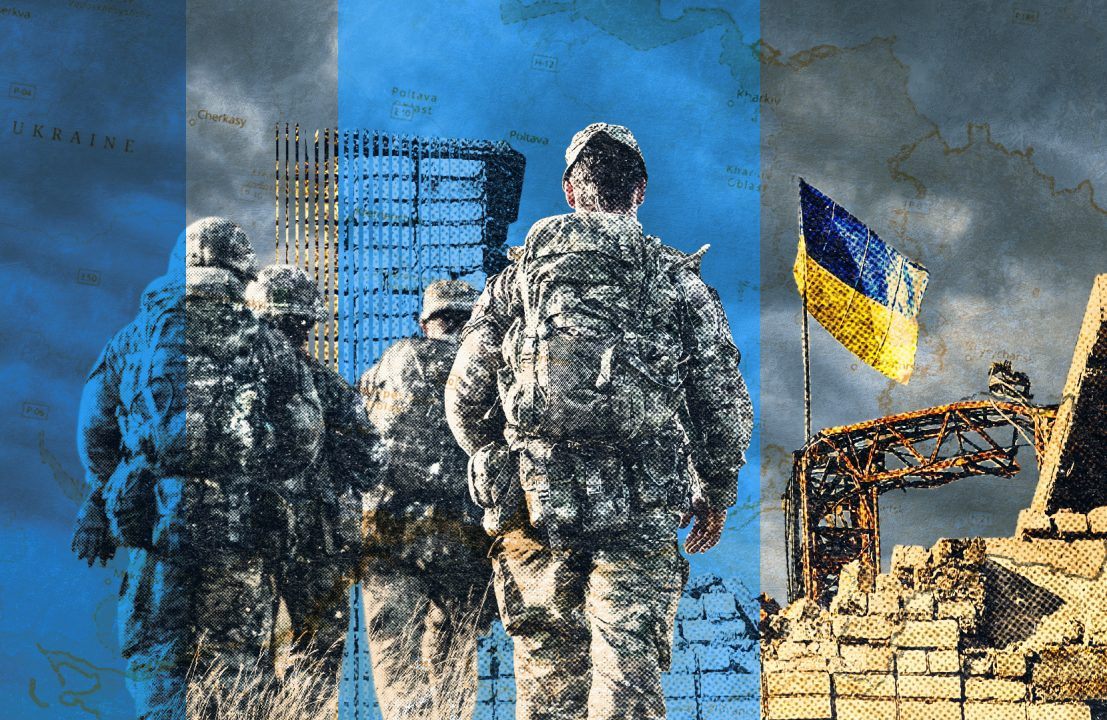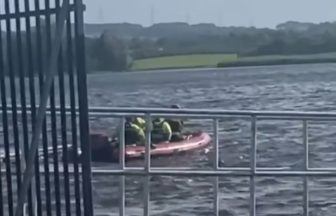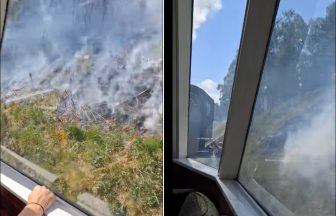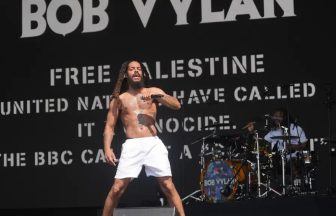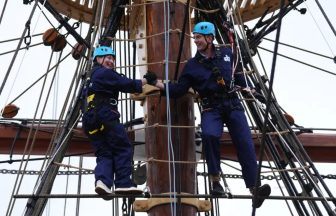Munich is one of those names in history that carries a meaning far beyond what it describes.
In 1938, the UK was one of the participants in a summit at Munich that handed over part of Czechoslovakia to Nazi Germany.
The British Prime Minister Neville Chamberlain returned from Munich declaring that the agreement meant “peace in our time”. Now, it’s synonymous with betrayal and failure.
Over the weekend, a modern-day Munich conference felt like another moment in history in which the world changed. Whether it gains the same sinister meaning, we might not find out for years.
Donald Trump returned to office promising to negotiate an end to the war in Ukraine on his first day, and issuing familiar threats to Europeans to pay for their own security, rather than relying on the United States.
So it shouldn’t have come as a surprise that his administration is willing to sit down with Vladimir Putin, after years of pariah status for the Russian leader.
But the way that Trump’s envoys delivered their message in Munich still stunned the world.
They said Ukraine shouldn’t expect to regain all the territory seized by Russia since 2014; the US was no longer willing to guarantee Europe’s security and wouldn’t provide troops to keep the peace; Ukraine should give up on its goal of joining the NATO military alliance; and, most shocking of all, the US would negotiate directly with Russia, with neither Ukraine nor Europe guaranteed a seat in the room.
President Trump underlined the new diplomatic reality by speaking to Putin on a 90-minute call before picking up the phone with Ukrainian President Volodymyr Zelenskyy.
During the Cold War, when Europe found itself caught between the huge nuclear arsenals of the Soviet Union and the United States, the dark joke across the continent was that America was ready to fight Russia to the very last German.
US and Soviet leaders met for talks one-on-one all the time — but at least then, European leaders could be assured that Americans were committed to their defence, in service of the defence of the democratic world.
Those certainties are over. Now the US is telling Europe: we’ll negotiate the peace. You can enforce it.
At Munich over the weekend, US Vice President JD Vance added insult to injury in a speech that largely ignored the huge and real dangers on Europe’s frontier. Instead, he said America was more worried about the erosion of free speech across Europe.
As one of his examples, Vance attacked recently enacted laws in Scotland and across the UK blocking protests outside health centres providing abortions. He cited debunked claims that people in Scotland had been warned they could be prosecuted over private conversations in their own homes.
Of course, that’s false: the only risk to those who live inside the buffer zones around abortion centres is if they protest from their properties, verbally or with banners. But the fact that such a senior US leader is willing to deliver a message to the world at a moment of crisis, borrowed from conspiracy-fuelled corners of the internet, has deepened the fear in European capitals. They’re on their own.
It’s worth pointing out that Vance’s attack on Europe came just before the first anniversary of the death in a Russian prison of Alexei Navalny, once considered the greatest political threat to Vladimir Putin. Like so many opposition leaders and independent journalists who attempted to practice free speech in Russia, he found himself exiled, poisoned, imprisoned — and then dead.
The US and Russia are planning their own summit in Saudi Arabia this week. Ukraine’s President will be in the country too, but it isn’t clear how involved he’ll be in the talks. Zelenskyy is standing firm, demanding that he’ll only accept a deal he negotiates.
Meanwhile, European leaders including Prime Minister Keir Starmer are gathering in Paris, to try and scramble a common response. The Prime Minister will go to Washington next week, to deliver that response to President Trump in person, in a bid to open a back door to the negotiations. The thinking goes that if the US refuses to contribute troops to a peacekeeping force to enforce its own peace deal, then the UK will have to — and that’s just what Starmer has said he’s willing to do.
How many other European countries are willing to do the same?
How many tens of thousands will be needed to deter Russia, not just in Ukraine, but along the whole eastern frontier? How much will it cost—and does the UK have the money, let alone the manpower? And if Trump does force through a peace deal quickly, are British families ready to see their family members sent into danger, potentially in a matter of months?
Even if it does yield peace in our time, Munich leaves Europe with only questions and anxieties.
Follow STV News on WhatsApp
Scan the QR code on your mobile device for all the latest news from around the country


